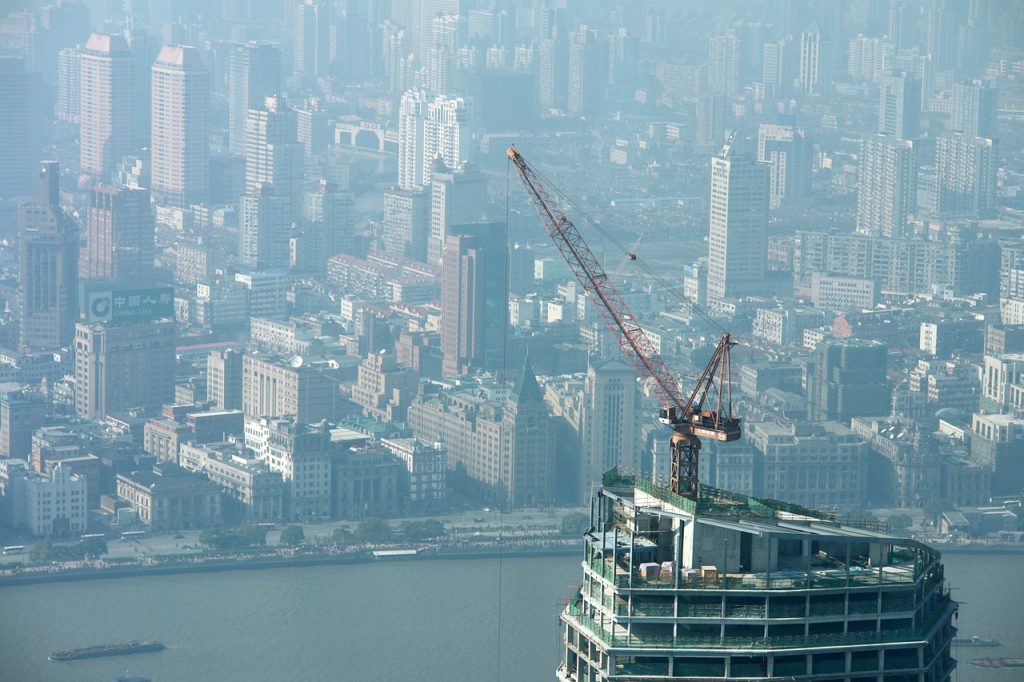 GRESB started back in 2009 with three founding institutional investors looking to assess the environmental, social and governance (ESG) performance of their real estate portfolios and their investment managers. The first assessment was performed in 2010, and saw nearly one hundred property companies and funds reporting on their ESG efforts and achievements.
GRESB started back in 2009 with three founding institutional investors looking to assess the environmental, social and governance (ESG) performance of their real estate portfolios and their investment managers. The first assessment was performed in 2010, and saw nearly one hundred property companies and funds reporting on their ESG efforts and achievements.
Fast forward to 2016. GRESB is widely recognized as the global benchmark for ESG assessment of real estate portfolios. In 2015, over 700 property companies and funds reported to GRESB on their sustainability performance. Jointly, these organizations represent USD 2.3 trillion in property value, with equity ownership positions in over 61,000 assets spanning more than 50 countries. Importantly, nearly 60 institutional investors from around the globe currently use the GRESB data for ongoing engagement with their investment managers, for investment due diligence, and for broader stakeholder reporting. These investors are keener than ever to understand and evaluate the environmental and social impact of their indirect real estate investment portfolios.
We already know that more than 30 percent of global greenhouse gas emissions are building- related, and emissions could double by 2050 if we carry on business as usual. Not taking action increases risks and vulnerability from climate change, while rapid urbanization could accelerate negative impacts. This is also recognized by government leaders, and the reason for having a “Buildings Day” at the recent COP21 conference. Interestingly, the focus is broadening from minimizing the negative impact of existing buildings, to maximising the positive impact of new projects. Certainly for emerging markets that have a major development project pipeline, this broader focus provides major opportunities for meeting the challenges that the built environment faces. Integrating sustainability into development activities can both help mitigate the negative impact during the construction phase, and at the same time improve the environmental efficiency in the operational phase of buildings.
GRESB already acknowledges the relevance of sustainable development activities, by providing an optional “New Construction and Major Renovations” aspect in the annual Real Estate Assessment. This aspect looks at requirements for site selection and site design/development, the use of building materials, green building standards and certifications, and minimum energy and water efficiency requirements. The aspect also assesses if and how organizations positively contribute to local communities, and if they promote occupant health and well-being, which is considered to be the next evolution for sustainable buildings. Participating property companies and funds that not only manage standing investments, but that are also involved in the development of new construction or major renovation projects, are able to fill out this additional aspect and receive recognition for their achievements.
There are also organizations that do not manage standing investments, but instead, solely focus on development activities. For example, organizations that develop projects with the aim to sell the projects at completion, or organizations that acquire properties exclusively for redevelopment and resale. In some cases, these organizations might have standing investments as a by-product of their development activities, but the development activities are considered to be their core business. Until now, the GRESB Real Estate Assessment was less suitable for these organizations, as many of the questions relate to operational buildings. However, this year GRESB provides a stand-alone GRESB Developer Assessment, which evaluates the ESG performance of organizations that solely focus on development activities. The Developer Assessment is aligned with the Real Estate Assessment, and looks at policies, strategies, and measurable actions related to new construction and major renovation projects.
Today’s new buildings are tomorrow’s existing stock. The development of sustainable buildings is vital for reducing energy demand and associated emissions, while at the same time supporting adaptation and resilience to climate change. By specifically assessing organizations that focus on development activities, GRESB is able to provide the industry with more relevant comparisons, as well as improved insights into sustainability best practices for new construction and major renovations.
This article is written by Ruben Langbroek.